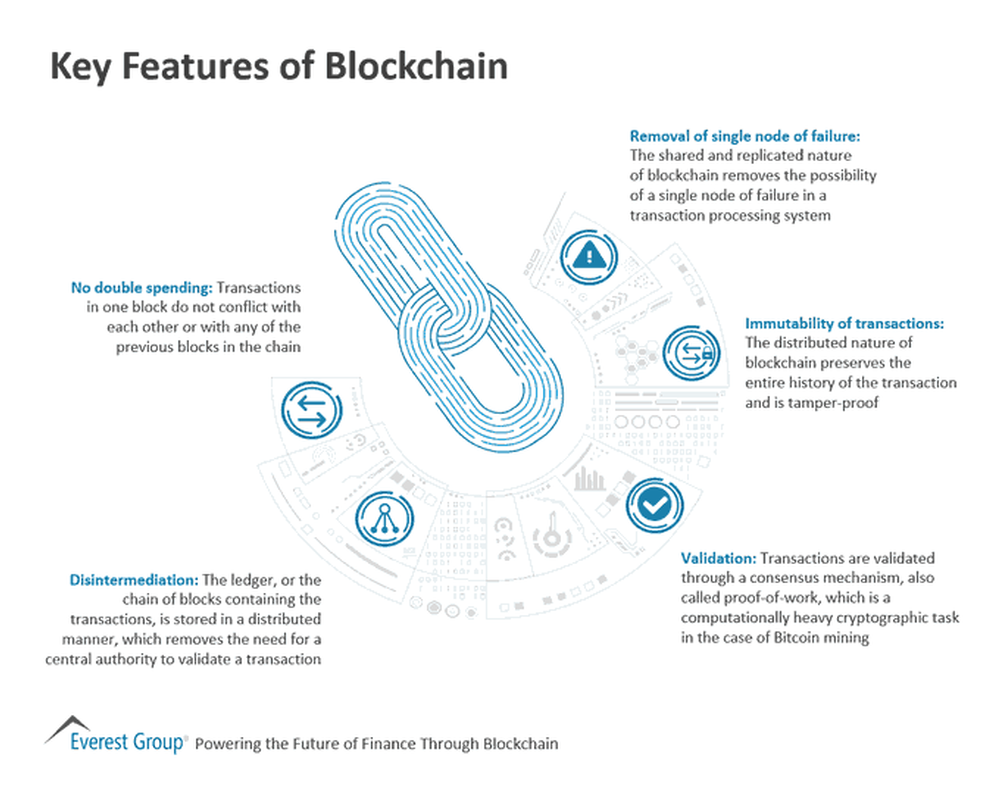Transforming the Low Voltage Contracting and Alarm Industry with Web 3.0, Smart Contracts, Dapps, and Blockchain Technology
- Loxicom
Categories: 2023 AI automation blockchain crypto crypto wallet cyber security dapps decentralization how to internet IT Services Company Loxicom nfts smart contracts software the new internet web 3.0

By: Shawn Chambers
Web 3.0, smart contracts, decentralized applications (dapps), and blockchain technology are transforming many industries - with low voltage contractors and alarm companies being one of them. While these technologies have existed for some time now, their application within low voltage contracting and alarm companies is just now getting underway.
This article investigates how low voltage contractors and alarm companies can leverage web 3.0 technologies such as smart contracts, Dapps and blockchain to enhance their businesses and offer superior services to clients.
Web 3.0, an emerging version of the Internet that promises to become more decentralized, secure, and transparent is one of the promises made in its vision for an alternative Internet run not by corporations but communities of users instead. Web 3.0 will prioritize providing its users with improved experiences while increasing both privacy and security measures for everyone online.
Low voltage contractors and alarm companies can use Web 3.0 to offer enhanced services to their customers through decentralized platforms that offer more transparency and security, such as sharing data safely - creating trust while increasing customer satisfaction.
Smart Contracts Smart contracts are automated contracts designed to execute automatically under specific predefined conditions using blockchain technology as their foundation, in order to reduce intermediary involvement during transactions by fulfilling predefined agreements themselves and automatically fulfilling them.
Smart contracts provide low voltage contractors and alarm companies with an effective tool for automating billing and payment processes, cutting out intermediaries while shortening payment cycles through automation on an industrial scale. Utilizing smart contracts when their work has been approved by customers will release payment directly - eliminating time and cost involved with traditional payment processes altogether!
Dapps (decentralized applications or "dapps") are computer programs intended for operation on decentralized networks like blockchain. Their primary goals include being secure, transparent and independent from single entity control.
Low voltage contractors and alarm companies can take advantage of dapps to enhance customer experiences, by developing apps enabling clients to track project developments as they happen and interact directly with contractors - this ensures greater transparency, efficiency, and client satisfaction.
Blockchain is an encrypted distributed ledger which securely records transactions. Once added to its ledger, transactions cannot be altered or removed after their original recording date has passed.
Low voltage contractors and alarm companies can leverage blockchain technology to increase security and transparency within their services. Blockchain allows these firms to store customer data securely between themselves without intermediaries, thus decreasing data breach risks and tracking equipment provenance so customers are guaranteed high-quality goods.
Let's look at some practical applications of web 3.0 technology such as smart contracts, decentralized apps and blockchain to enhance low voltage contractor and alarm company businesses and provide superior services to their customers.
Low voltage contractors and alarm companies can leverage Smart contracts to streamline their billing and payment systems. For instance, they could create an agreement that releases payments automatically once their work has been completed and approved by customers - this reduces time and costs associated with traditional payment processes and ensures smooth operations.
Low voltage contractors and alarm companies can create dApps for real-time communication that enable their customers to track the progress of their work and communicate directly with contractors in real-time, which increases transparency, efficiency, and customer satisfaction.
Blockchain-Based Provenance Tracking with voltage contractors and alarm companies can use blockchain technology to track the history of their equipment from manufacturing through installation, building trust with customers while potentially mitigating liability in case of defective items.
Decentralized Platforms for Secure Data Sharing
Low voltage contractors and alarm companies can utilize decentralized platforms like blockchain to securely share customer data with each other. By protecting customer information from unintentional modifications or access, contractors can build trust among their customers while increasing satisfaction with the service offered.
Smart Contracts to Automate Maintenance and Repair Services Low voltage contractors and alarm companies can use smart contracts to automate maintenance services. For example, they could set up an agreement that triggers maintenance services when specific pieces of equipment reach an age or usage threshold; this way maintenance service is always provided on time reducing downtime or failure risks.
Decentralized Platforms for Reputation Management
Low voltage contractors and alarm companies can utilize decentralized platforms like blockchain to enhance their reputation management strategies. By recording customer feedback and reviews on a decentralized platform, contractors can build up a reputation for offering top-quality services that attract new clients while helping retain existing ones. This strategy could potentially bring in new business while keeping existing ones engaged as well.
Web 3.0, smart contracts, decentralized applications (dapps), and blockchain technology hold the promise to revolutionize the low-voltage contracting and alarm industry. By taking advantage of these technologies, contractors can provide better services to their customers while increasing efficiency and cutting costs - all while strengthening their brand.
Smart contracts can automate billing and payment processes, while dapps provide real-time communication between contractors and customers. Blockchain can provide provenance tracking for equipment as well as secure data sharing while decentralized platforms help contractors manage their reputation.
As these technologies gain widespread adoption, low voltage contractors and alarm companies who adopt them will find themselves better-positioned to succeed in an increasingly competitive market.